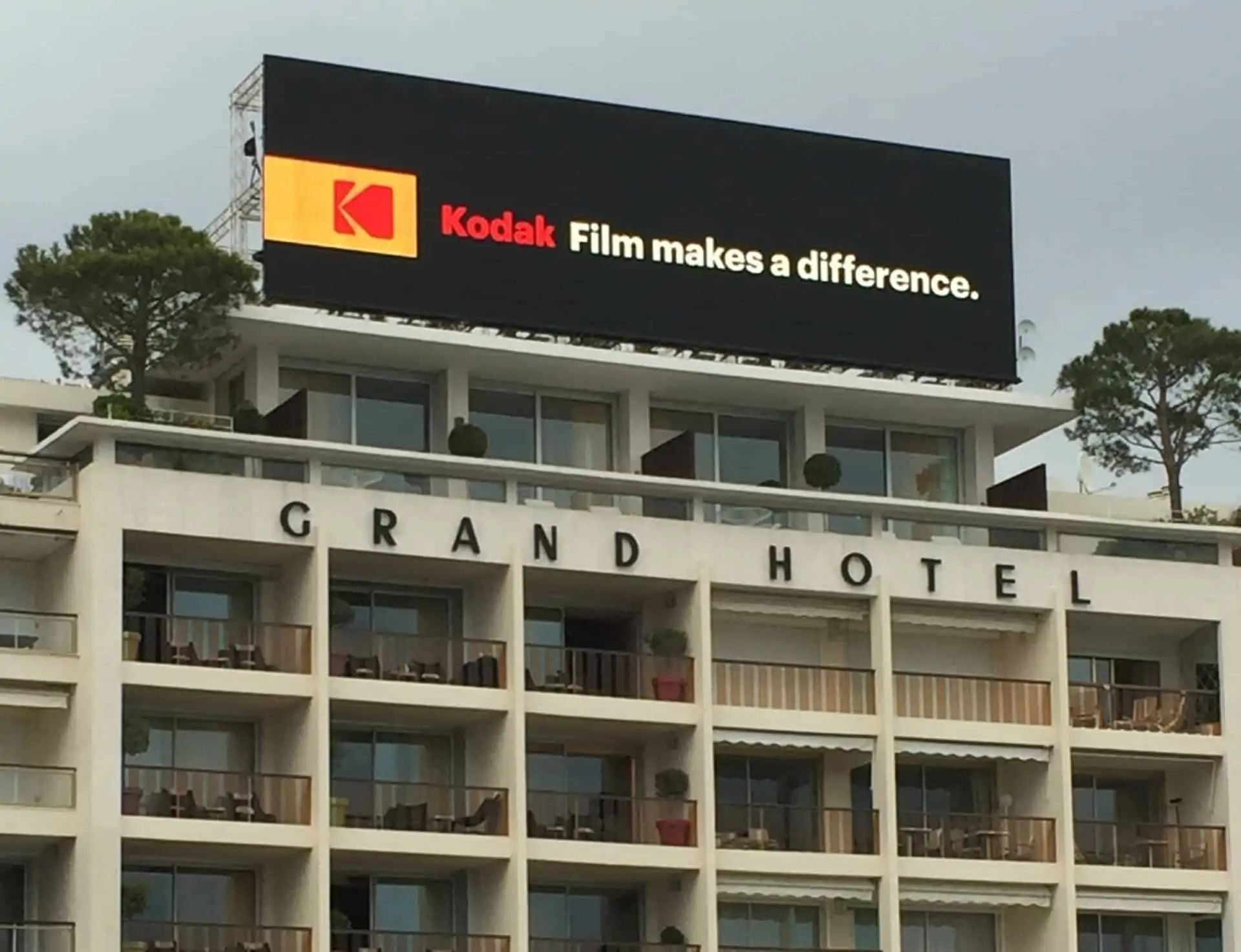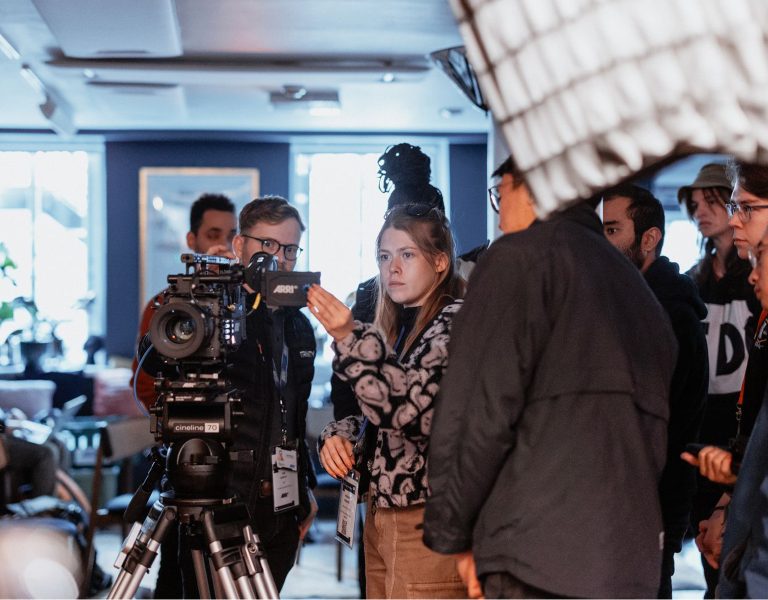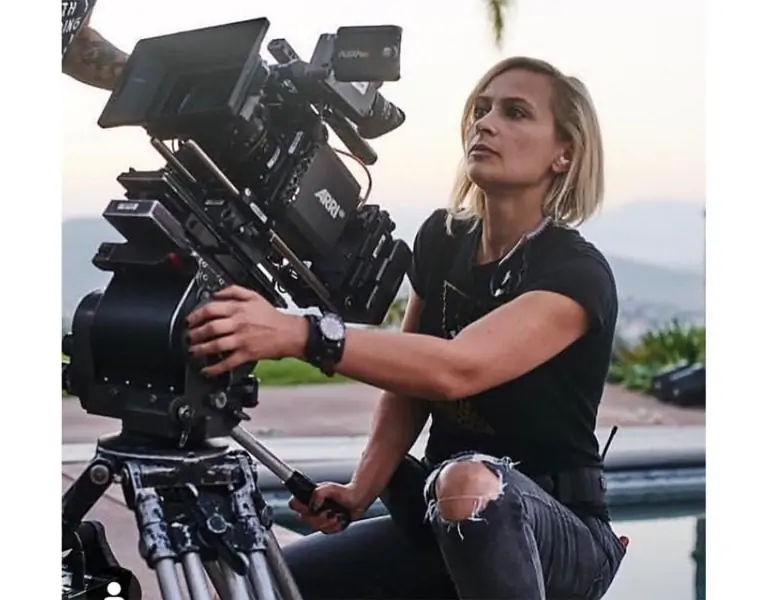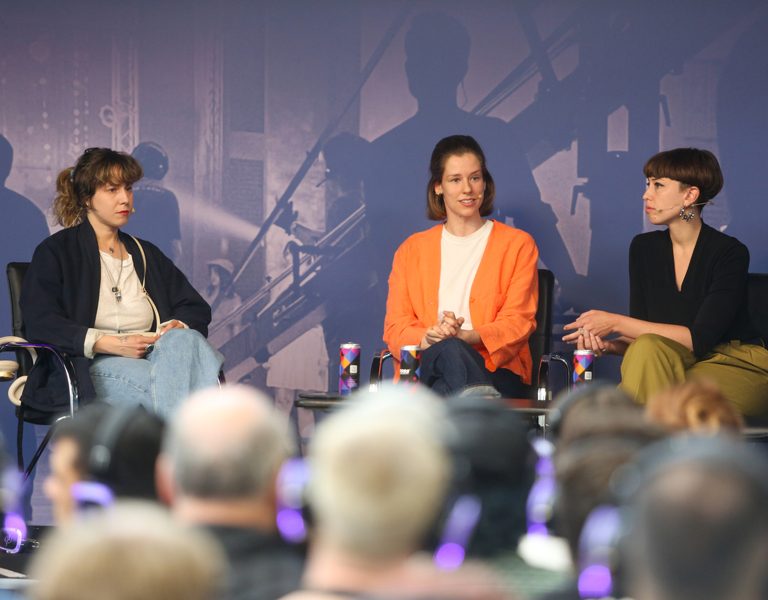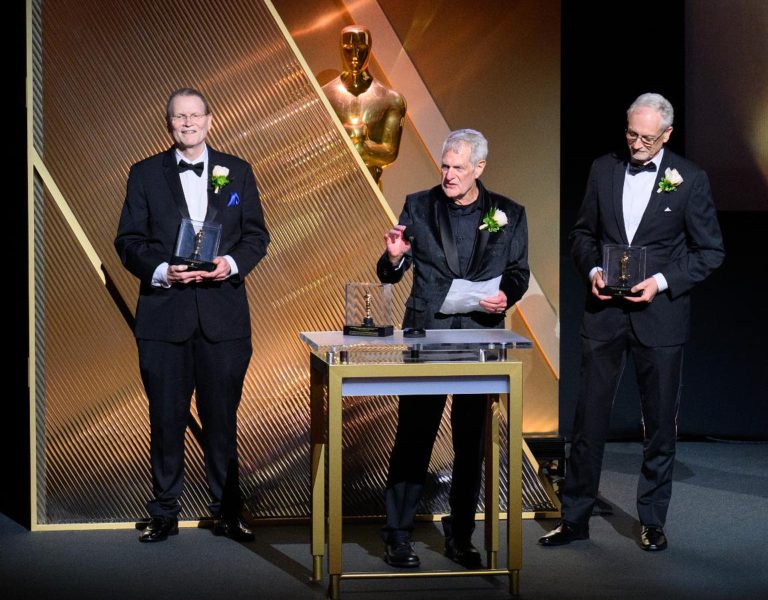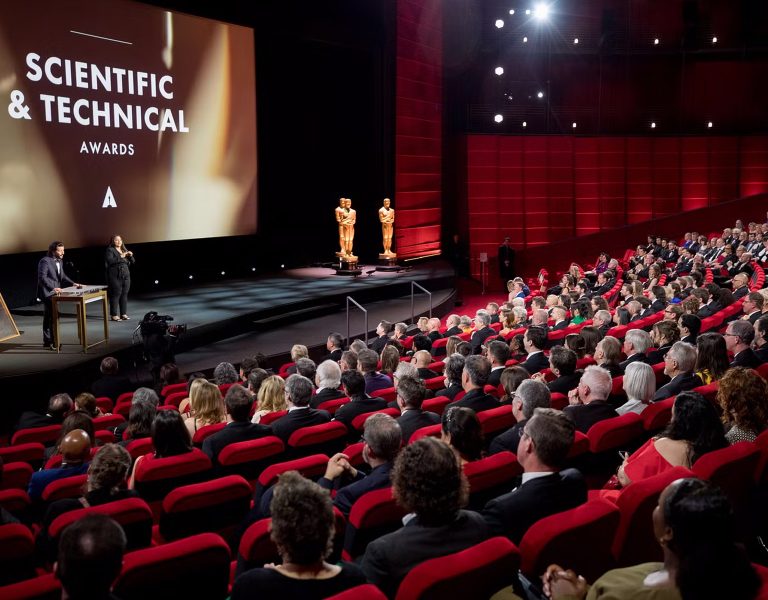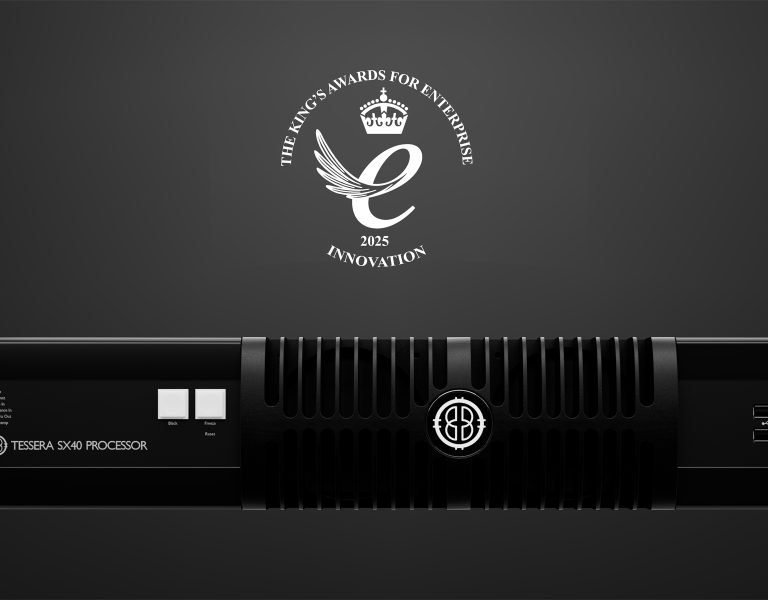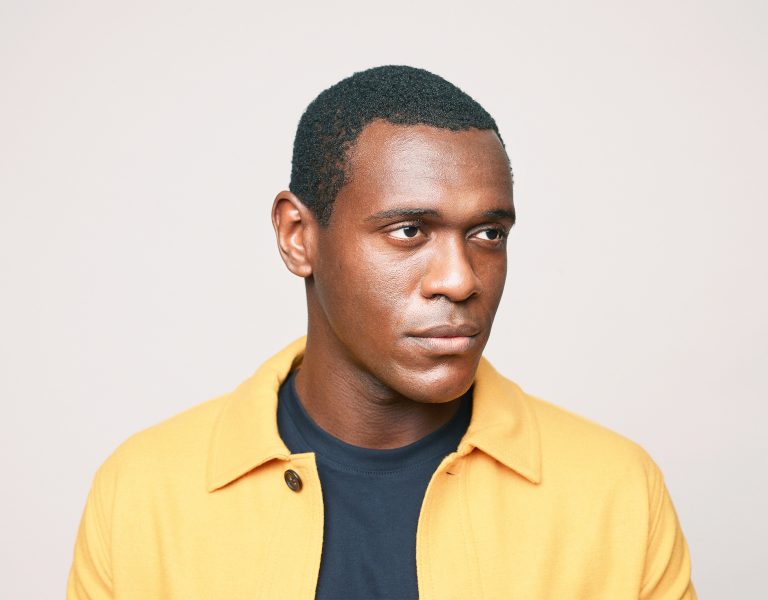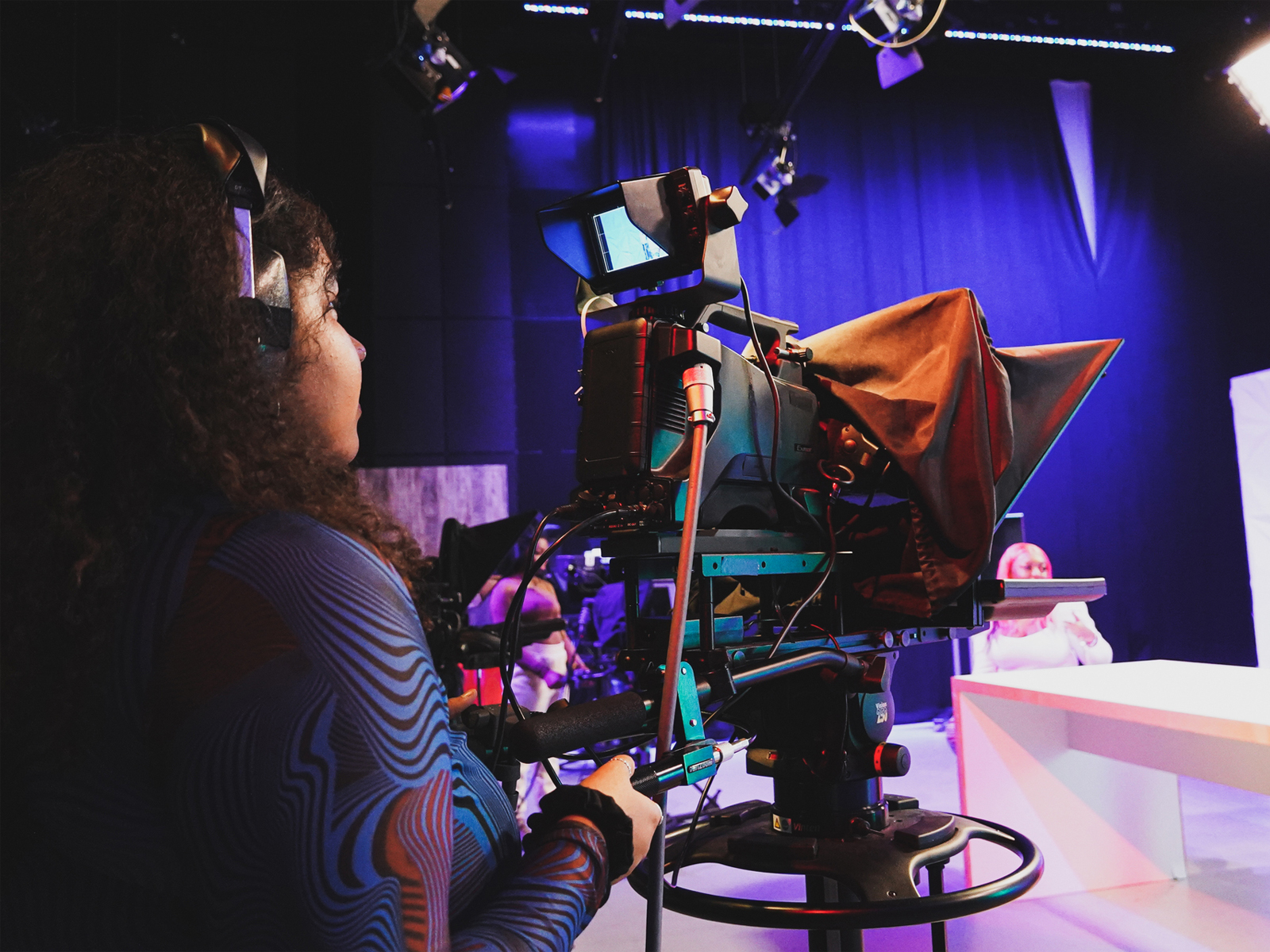
The film and television industry needs to “move from well-meaning words to tangible change”, according to a Sir Lenny Henry Centre for Media Diversity (LHC) report which has researched the systematic challenges that deaf and hard of hearing professionals face.
‘UNMUTED: Experiences of deaf film and TV professionals in the UK media industry’ found that 98% of participants had experienced discrimination whilst working in the industry.
“The voices of deaf people are still being marginalised within the screen industry and, as a result, potential talent is being lost or unrecognised due to the barriers they face on a daily basis,” said lead researcher Erika Jones, who has worked in the broadcasting industry for more than 10 years.
A deaf and British Sign Language (BSL) user herself, Jones cited the fact that it had taken nearly 60 years for a second UK feature film to be directed by a deaf person – from 1967’s The Return of Dracula by Stephen Pink to Retreat by Ted Evans, due for release in 2025.
“This is not down to a lack of talent, passion or hard work,” insisted Jones.
She added: “This report is shedding light on what changes need to be made in the industry to move towards an UNMUTED broadcasting industry, where all voices, regardless of whether they’re deaf, disabled or hearing, are heard and counted.”
The number of deaf professionals working off screen in the UK broadcasting industry halved from 1.8% in 2016-17 to 0.8%-0.6% in 2020-21 (Creative Diversity Network, 2022: Disability Deep Dive) – an estimated loss of 275 deaf professionals.
This is despite 12 million working-age adults in the UK, nearly 1 in 5, having some form of deafness (Royal National Institute for Deaf People, 2024).
One of the participants interviewed for the study – she has been called Cleo to protect her identity – spoke about some of the barriers she has faced in the industry.
“I have to do my own work and, on top of that, I have to educate my own interpreters,” she said. “It’s quite draining and exhausting.
“Training has been very hearing orientated. It was a constant fight, to battle the barriers, simply just to get the access I needed.
“I have to work triple as hard and feel a huge responsibility as a deaf staff (member).”
Recommendations from the report include:
- A database of sign language interpreters for the media sector;
- More apprenticeships for the deaf and hard of hearing;
- And reviews of pay disparity between deaf and hearing workers.
Another recommendation is to establish a dedicated BSL television channel, something that Cleo supports. She said it would “provide a stream of employment for deaf people’, adding: “We will see a more diverse group working in television and film. This will help to get serious funding for training, for it to be properly recognised.”
Professor Diane Kemp, Director of the LHC and Professor of Broadcast Journalism at Birmingham City University, said: “At the Sir Lenny Henry Centre, we want to achieve representation of all sections of society across contemporary UK media.
“We welcome this report and its recommendations as they offer specific, practical ways to combat issues highlighted by the authors and participants.
“We will follow up on their implementation and offer any support we can to achieve better working conditions in the industry.”
The report has been published on the Sir Lenny Henry Centre for Media Diversity website.
